WORKPLACE MENTAL HEALTH + PERFORMANCE
Work. It’s an integral part of our lives. Not only is work a source of income, but it can also provide us with a sense of identity, meaning and purpose, routine, and social connections. Given the sheer amount of time that work occupies in our lives, and the impact that it has on our mental health, performance, and quality of life, the focus on mentally healthy workplaces has increasingly come to the fore.
Research into the productivity costs of poor mental health on the workplace, as well as findings into the return on investment into mental health, build a case for the importance of wellbeing of work. Initiatives such as Thrive at Work, HeadsUp (a program launched by Beyond Blue in partnership with the Mentally Healthy Workplace Alliance), Black Dog Institute, as well as Safe Work Australia.
With this in mind, let’s take a look at the picture of workplace mental health, and what organisations and individuals can do to build a mentally healthy workplace.
Why focus on workplace mental health? WHAT do THE STATISTICS tell us?
So why has Workplace Mental Health risen to the forefront of our collective minds?
It’s simple. Work affects our mental health, and our mental health affects our work. A glance at some of the statistics (see our summary) is eye-opening to say the least, when we consider the scale and impact of mental health issues in the workplace.
Certainly, Covid-19 has further impacted our collective mental health. The global pandemic forced many into working from home. There was an increase in anxiety not only in relation to health, but also to job security and financial concerns. Connections in the workplace in the form of regular, incidental social contacts, decreased. Routines were disrupted. Change was everywhere, and we all had to adjust to The New Normal.
WHAT WORKPLACES CAN DO TO HELP MENTAL HEALTH
The above statistics on workplace mental health are astounding. Of particular note is that 1 in 5 Australians will, in a 12-month period, experience significant mental health issues. However, we don’t often reflect on how this statistic translates to our work environment. We may not pause to consider:
That a colleague’s avoidance of team meetings, or of reporting project updates, may reflect social anxiety rather than laziness.
That a team mate’s withdrawal from team lunches and making small talk may reflect depression rather than antisocial behaviour.
That someone’s anxiety may reflect not their personality, but the immense pressure and overwhelm that they face in life.
With Covid-19 we have come to appreciate what many face on a regular basis, and the global pandemic has highlighted just how important mental health is. We saw teams checking in not just on how projects were progressing, but also on how people were travelling in general in stressful and challenging times.
Workplaces investing in mental health also makes good business sense, in light of reports into the Return on Investment (ROI) for organisations across a range of mental health initiatives. Of particular note are findings from Deloitte’s 2020 updated paper examining Mental Health and Employers: Refreshing the case for investment where organisation-wide proactive approaches (for example, group-based workshops and training targeting shifting culture and stigma, and increasing mental health awareness) were found to yield higher ROIs compared to reactive, individual
The bottom line for organisations? Do something that helps spark a conversation and bring about real change for employees. Great takeaways from the Deloitte report include:
Increase mental health literacy and awareness by holding organisation-wide training. Helping managers and employees identify the early warning signs of poor mental health means they can access early support to help them bounce back sooner.
Build capability when it comes to helping teams and individuals to address mental health and build resilience. Through training, equip employees with the skills to have conversations with someone they notice isn’t travelling well (e.g. managers, or peer support individuals), and also to develop evidence-based tools and skills (e.g. CBT, ACT, Mindfulness, Positive psychology) to help themselves.
Shift the culture and stigma around mental health. Make mental health check-ins part of meetings to gauge how the team is travelling, particularly around times of stress and change. Organisation-wide training around stigma, unconscious bias, and open discussions around the importance of staying psychologically well should all be part of an organisation’s mental health conversation. Aim for ease around discussions of mental health to be on par with that around physical health.
Provide easy access to support for employees to help themselves, be it through managers, mental health champions, peer support individuals, or Employee Assistance Programs.
If you’re keen to see how The Skill Collective can assist with your organisation’s mental wellbeing drop us a line and start a conversation for support. We offer training and workshops, as well as consult with organisations on wellbeing programs. We also offer boutique EAP services. Additionally, we work alongside Perquiro, an organisational psychology consultancy that provides bespoke solutions for addressing job design and organisational culture - these are critical to driving positive mental health outcomes for a more resilient and engaged workforce.
WHAT YOU CAN DO FOR MENTAL HEALTH AND PERFORMANCE
You may be but one individual, but there is much that you can do to boost mental health (and, in turn, performance) in the workplace. Think about the workplace in which you felt most supported and at your healthiest psychologically. Chances are it wasn’t just job-related aspects such as workload and salary, but things such as positive team environment, social activities, or a caring work family. These things make a difference on a daily basis, and you can be the change in your workplace. Try:
Small actions make a big difference. Simple actions such as saying hello in the morning, or offering to grab your colleague the occasional coffee can make a difference to feelings of belonging and connectedness.
Check in regularly with colleagues, not just annually on RU OK? Day. We love RU OK? Day, but that question can be asked more frequently that each year in September if something seems different with your colleague.
Call out stigma and bias when you hear it.
Grab our resources. At The Skill Collective we love working at the interface of mental health and performance, and we write resources to help you look after your mental health better. Our favourites starting points? Try our Resource Library filled with helpful tip sheets, our email-based 14-day Wellbeing Challenge (perfect for busy individuals), or even take a look through our blog for a range of topics on mental health, performance, and wellbeing.
Reach out to EAP or a psychologist (that’s us!) to help with reactive mental health issues or to take a preventative approach when it comes to protecting your mental health.
helpful RESOURCES
Below are some helpful articles on the topic of work, specially curated from our blog.
REFERENCES
Australian Bureau of Statistics (2009). National Survey of Mental Health and Wellbeing: Summary of Results, 4326.0, 2007. ABS: Canberra. http://www.abs.gov.au/AUSSTATS/abs@.nsf/Latestproducts/4326.0Main%20Features32007?opendocument&tabname=Summary&prodno=4326.0&issue=2007&num=&view=
Deloitte (2020). Mental health and employers: Refreshing the case for investment. www2.deloitte.com/uk/en/pages/consulting/articles/mental-health-and-employers-refreshing-the-case-for-investment.html
PwC and Beyond blue (2014). Creating a mentally healthy workplace: Return on investment analysis. https://www.headsup.org.au/docs/default-source/resources/beyondblue_workplaceroi_finalreport_may-2014.pdf
www.news-medical.net/news/20200729/Mental-health-problems-peak-alongside-COVID-19-in-Australia.aspx


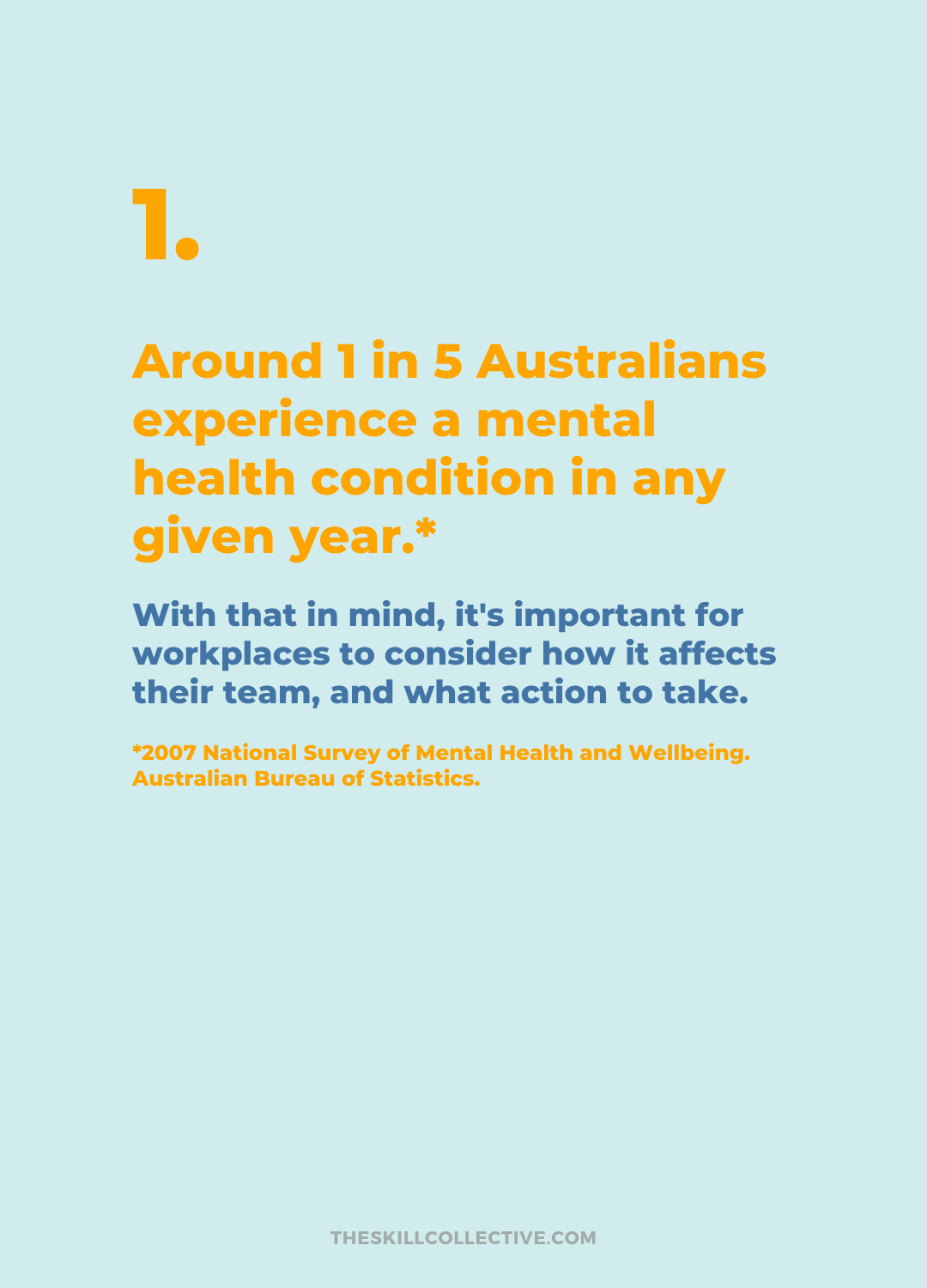
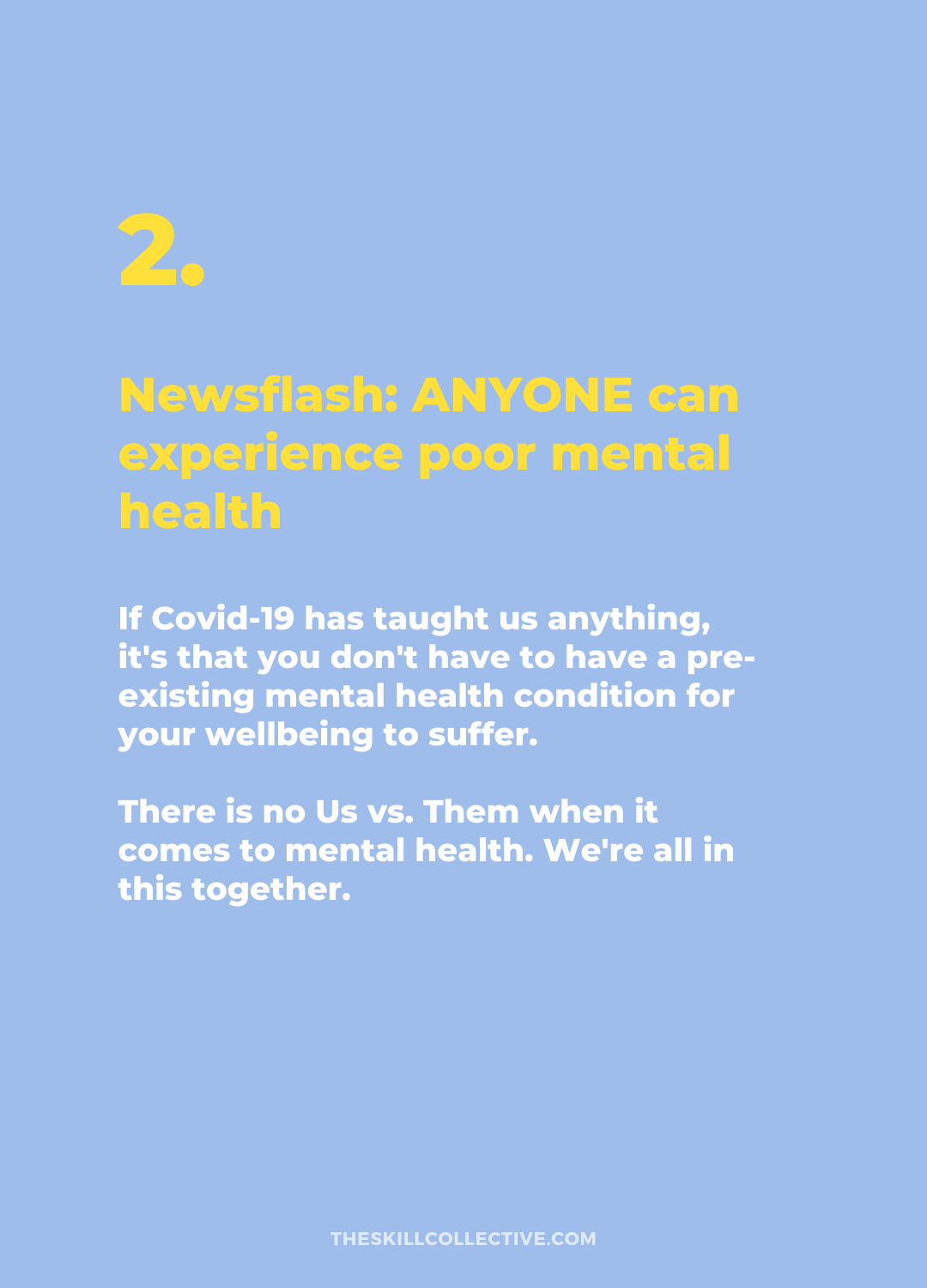
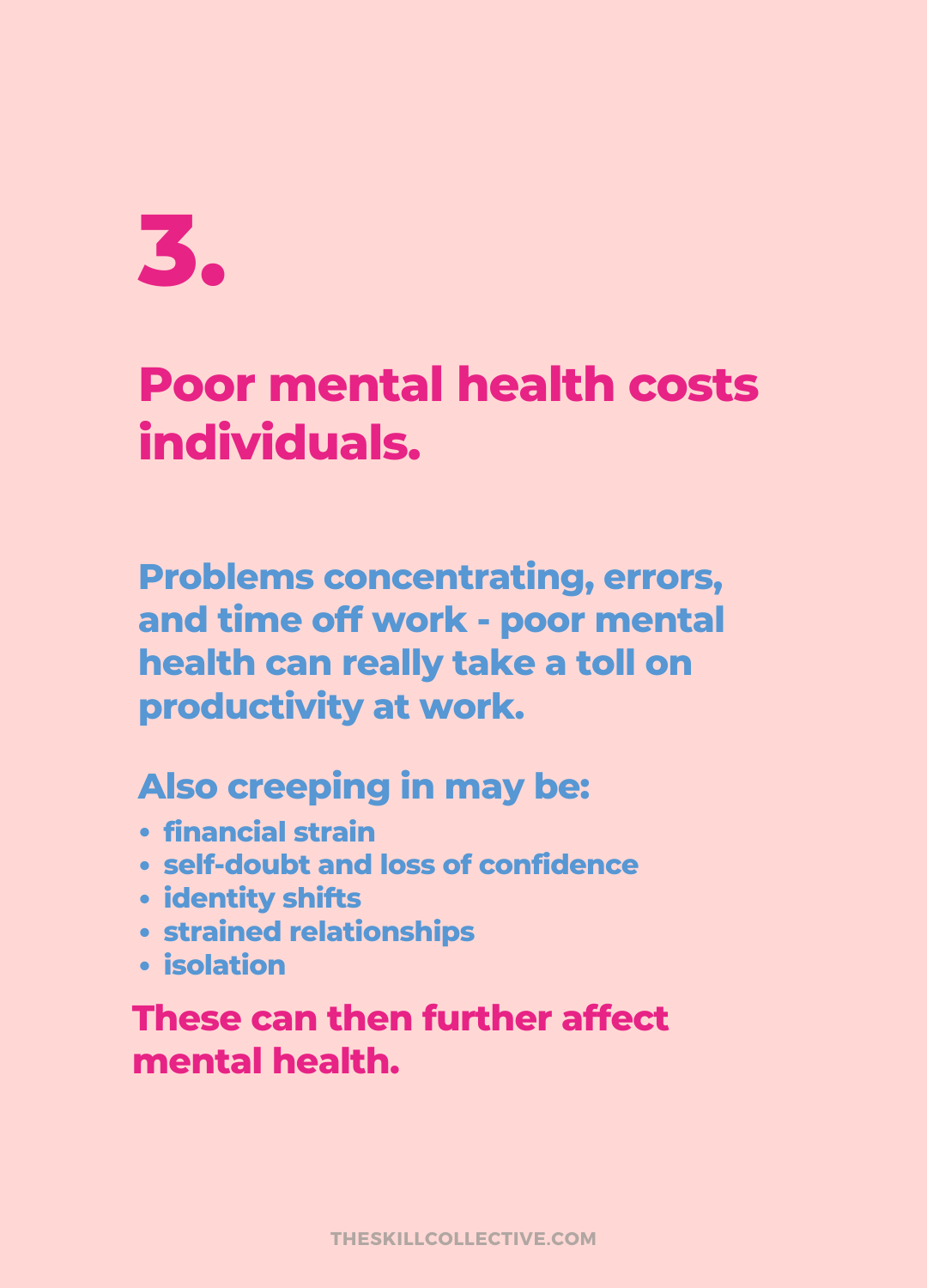
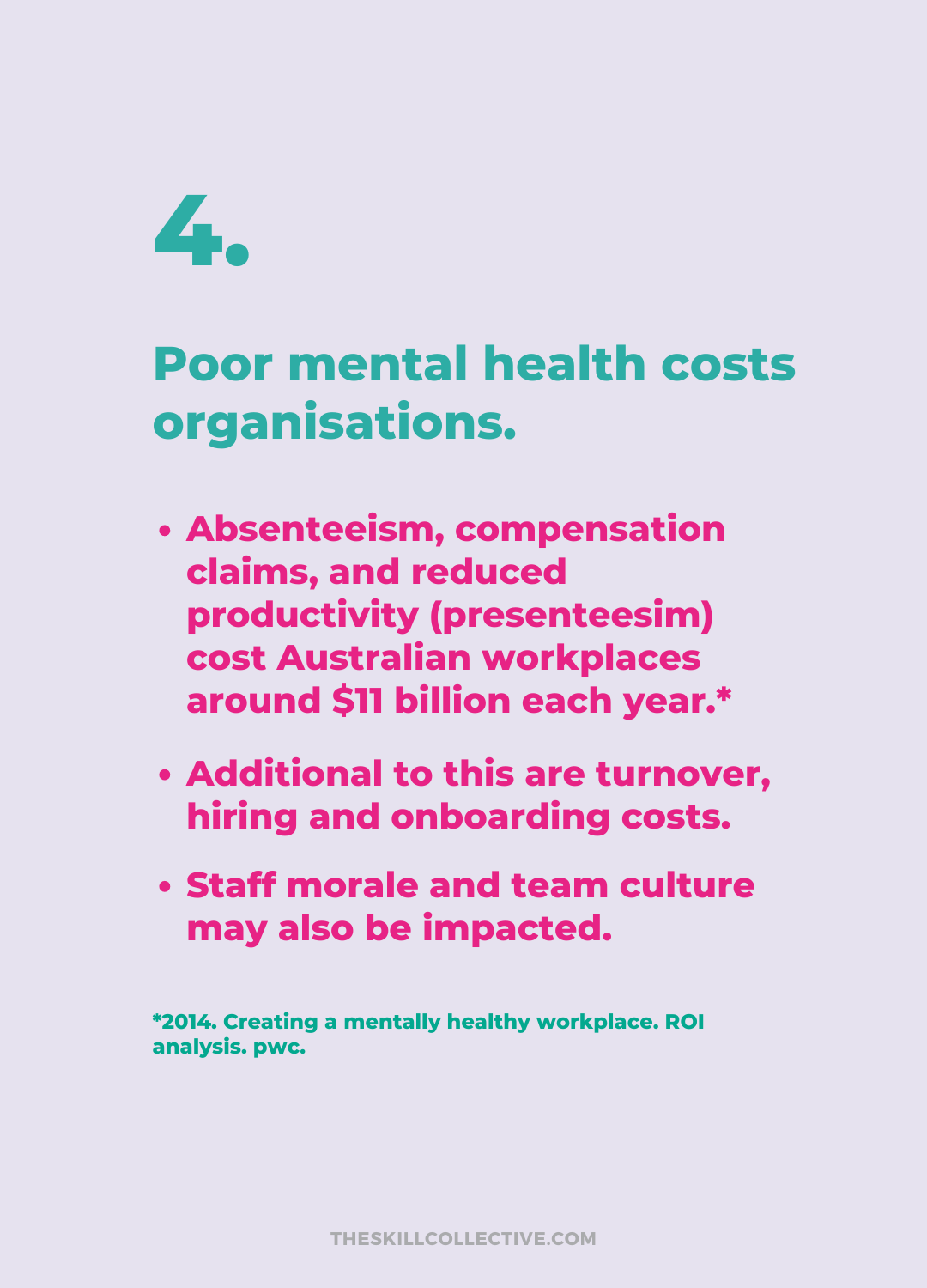
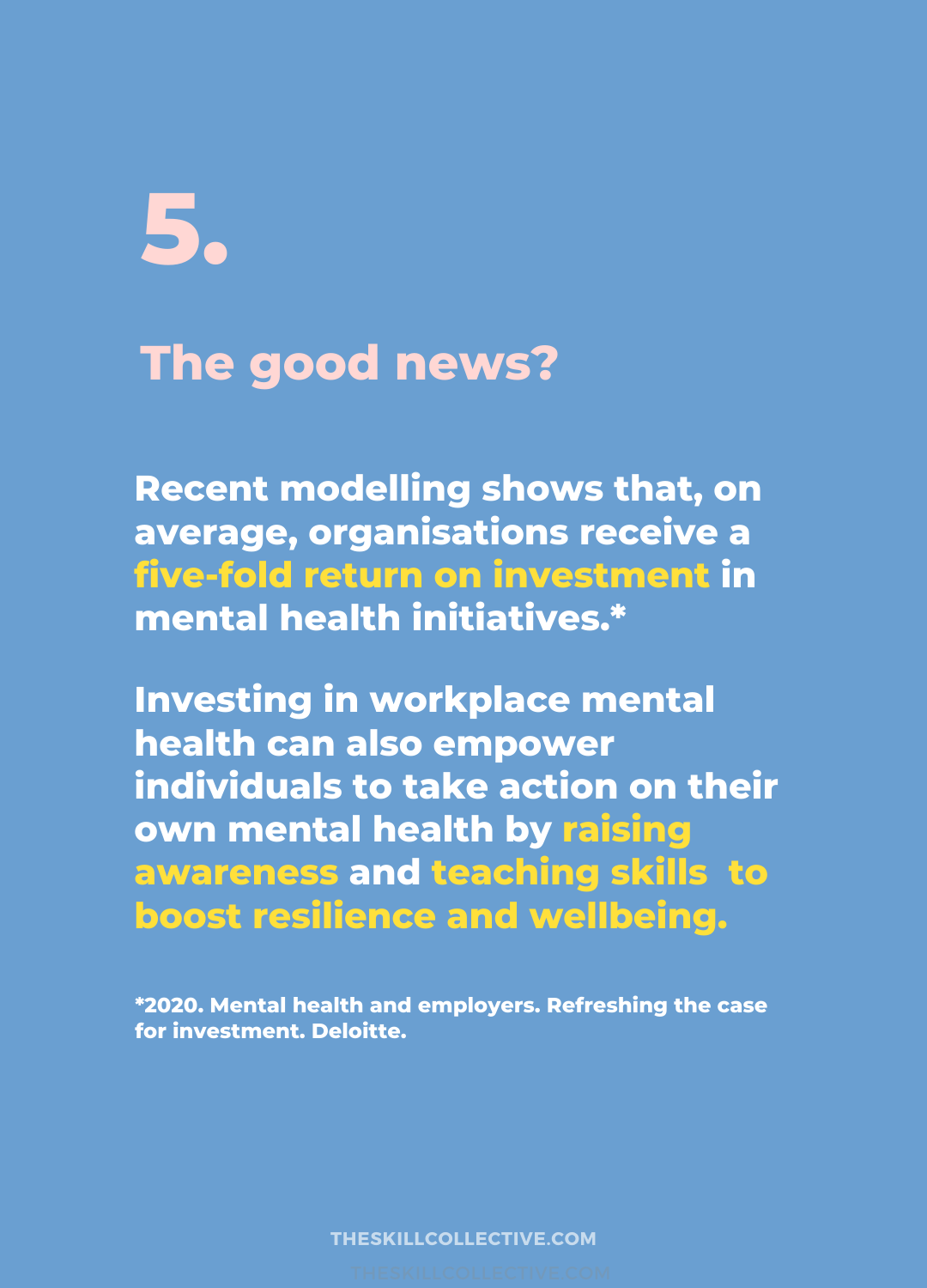
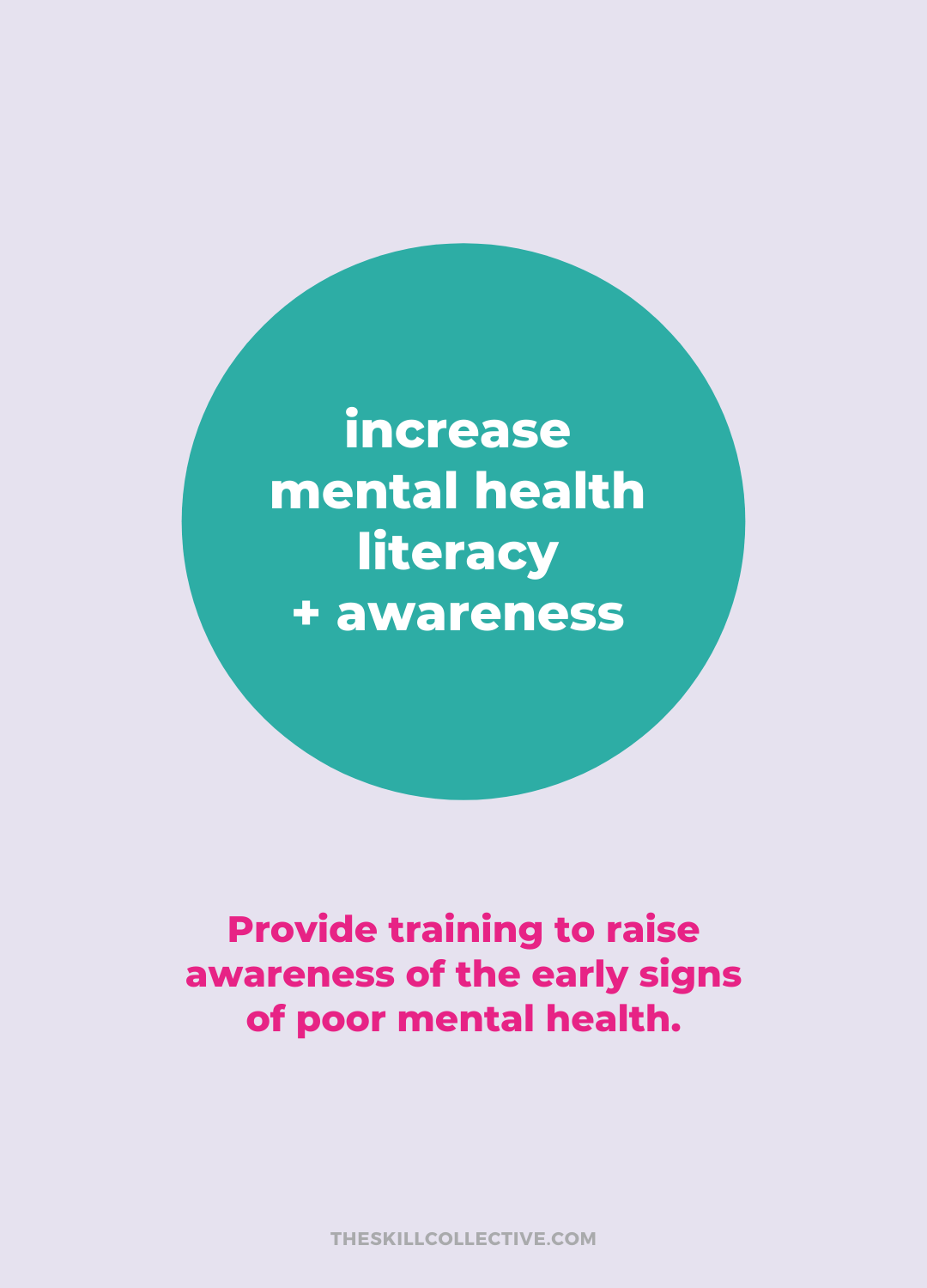
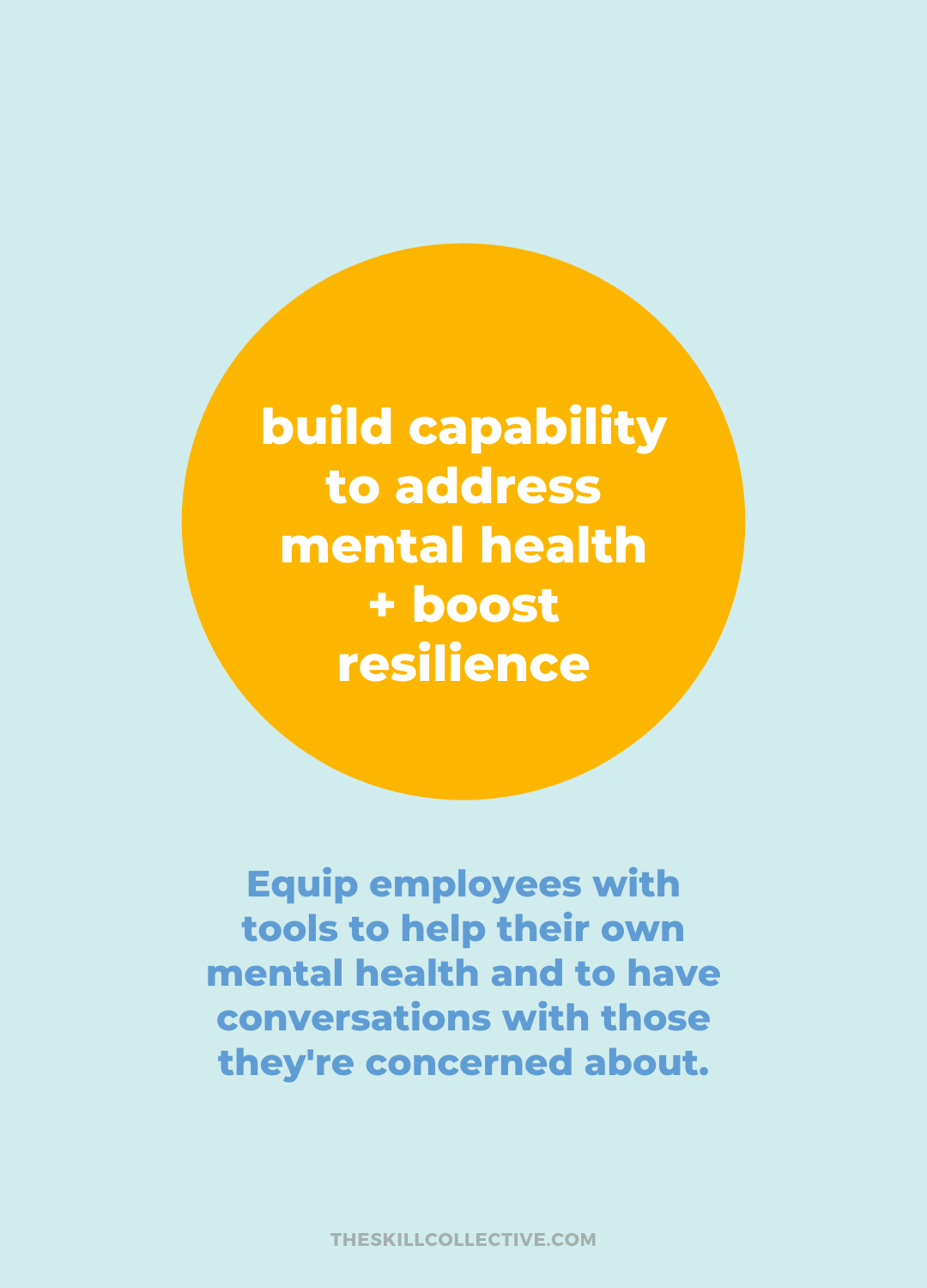
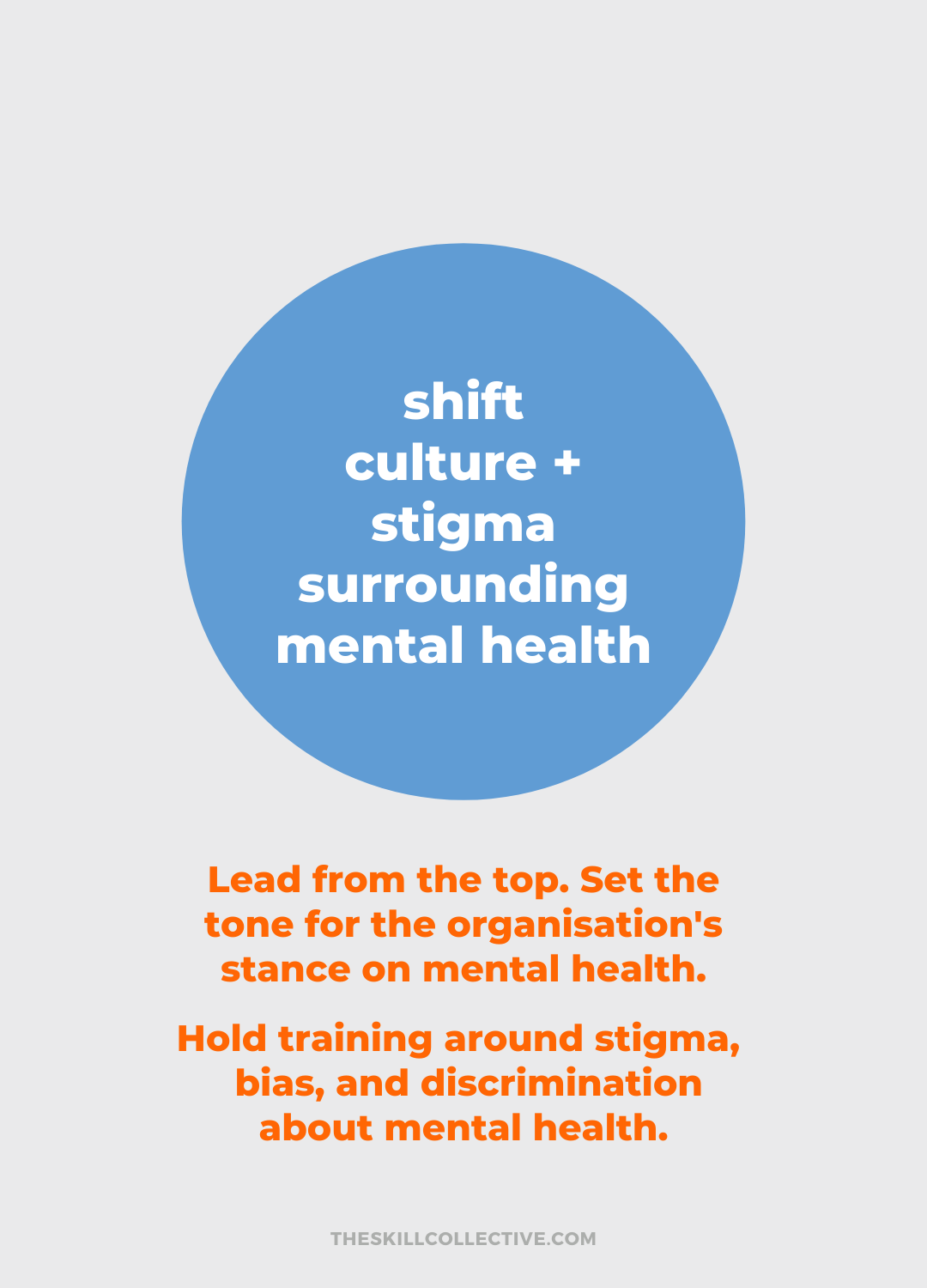
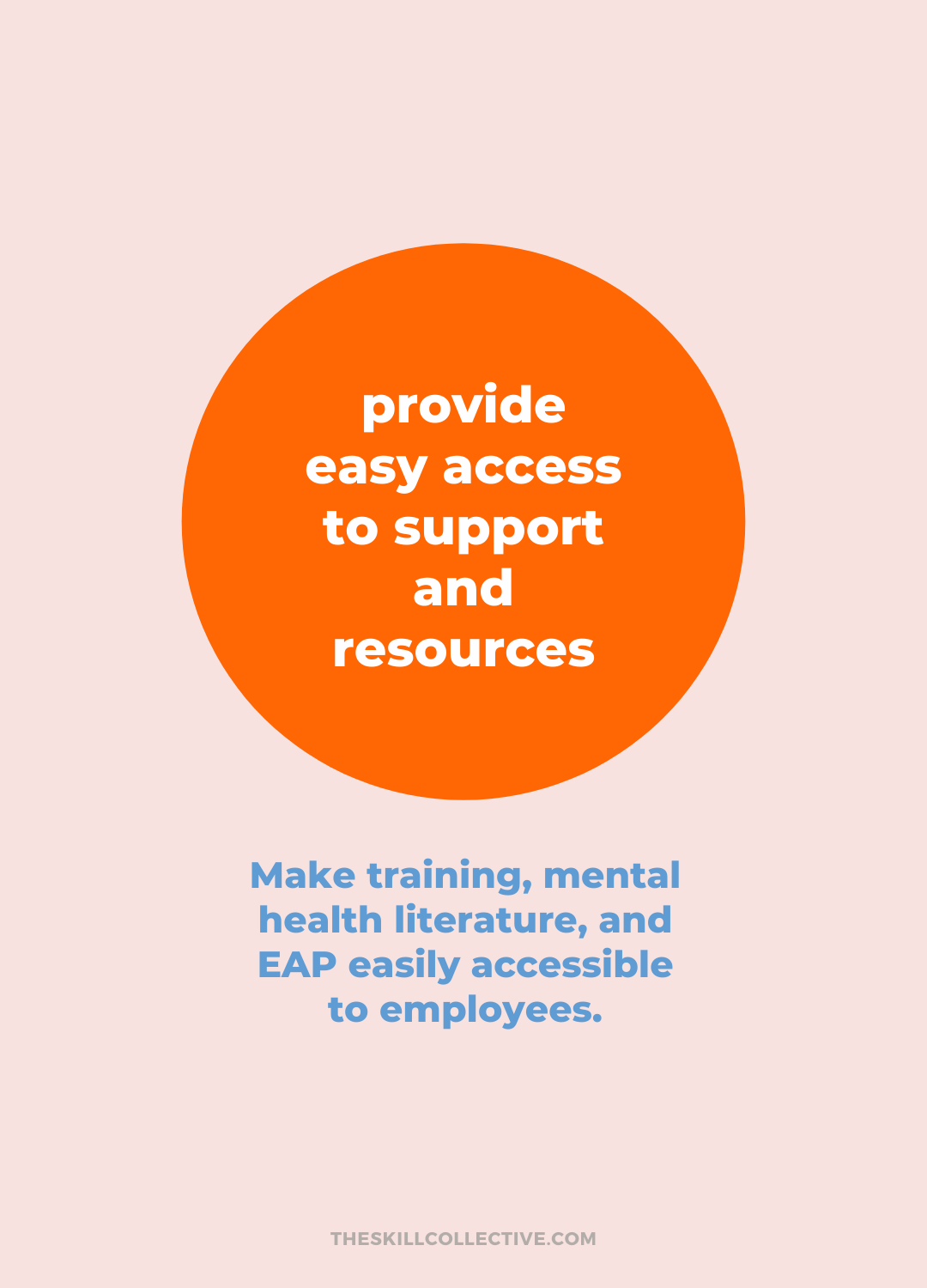
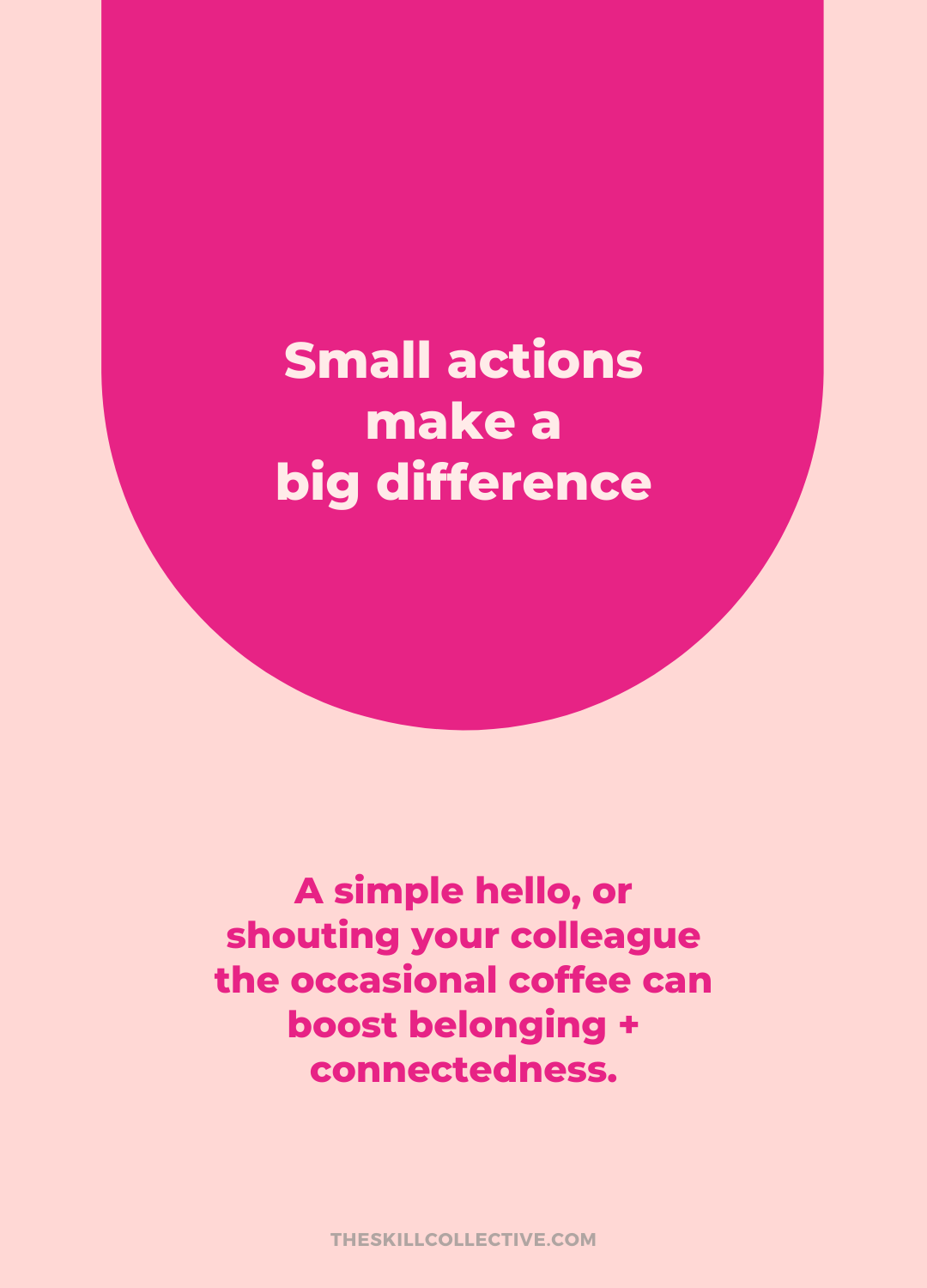
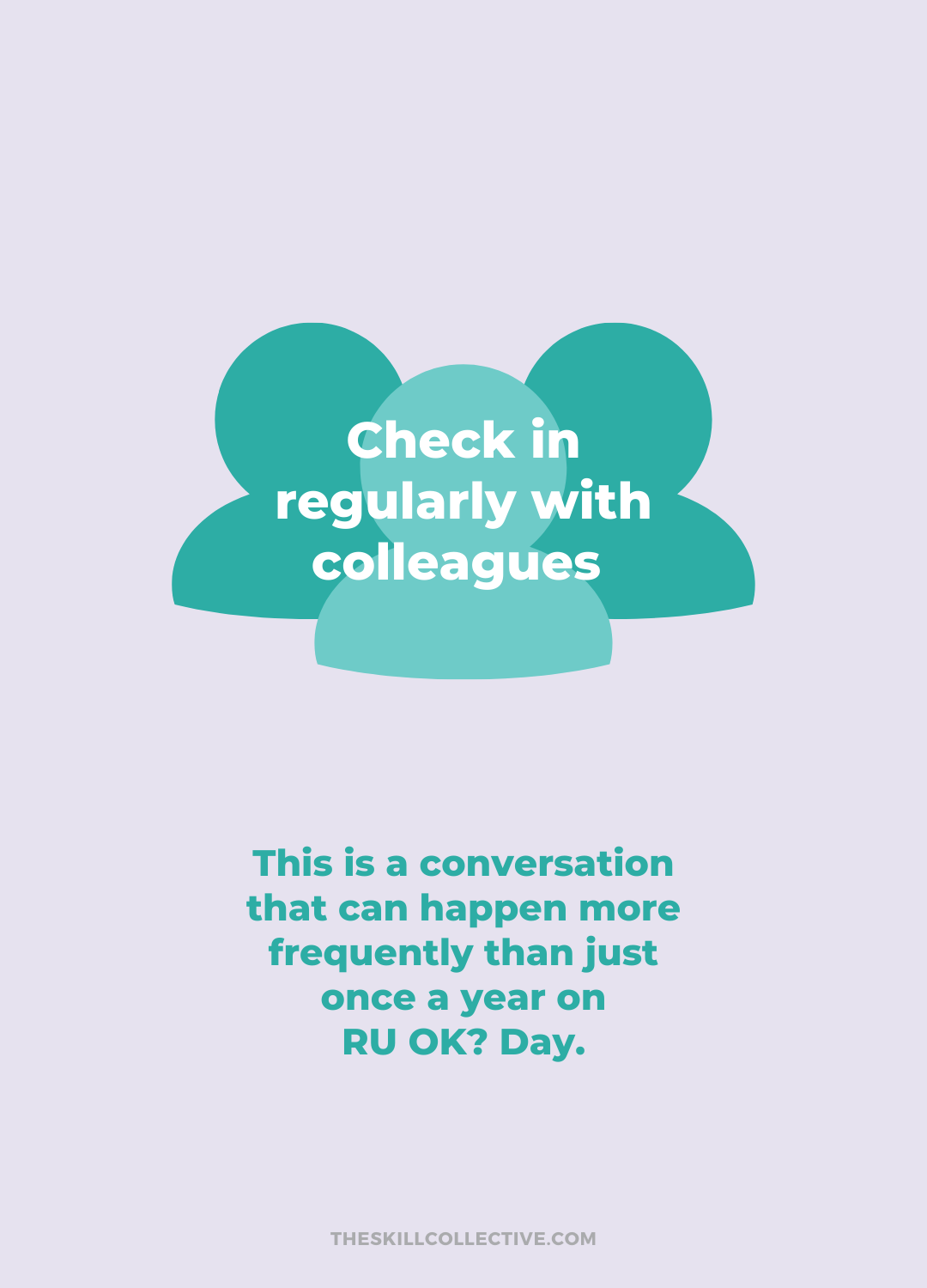
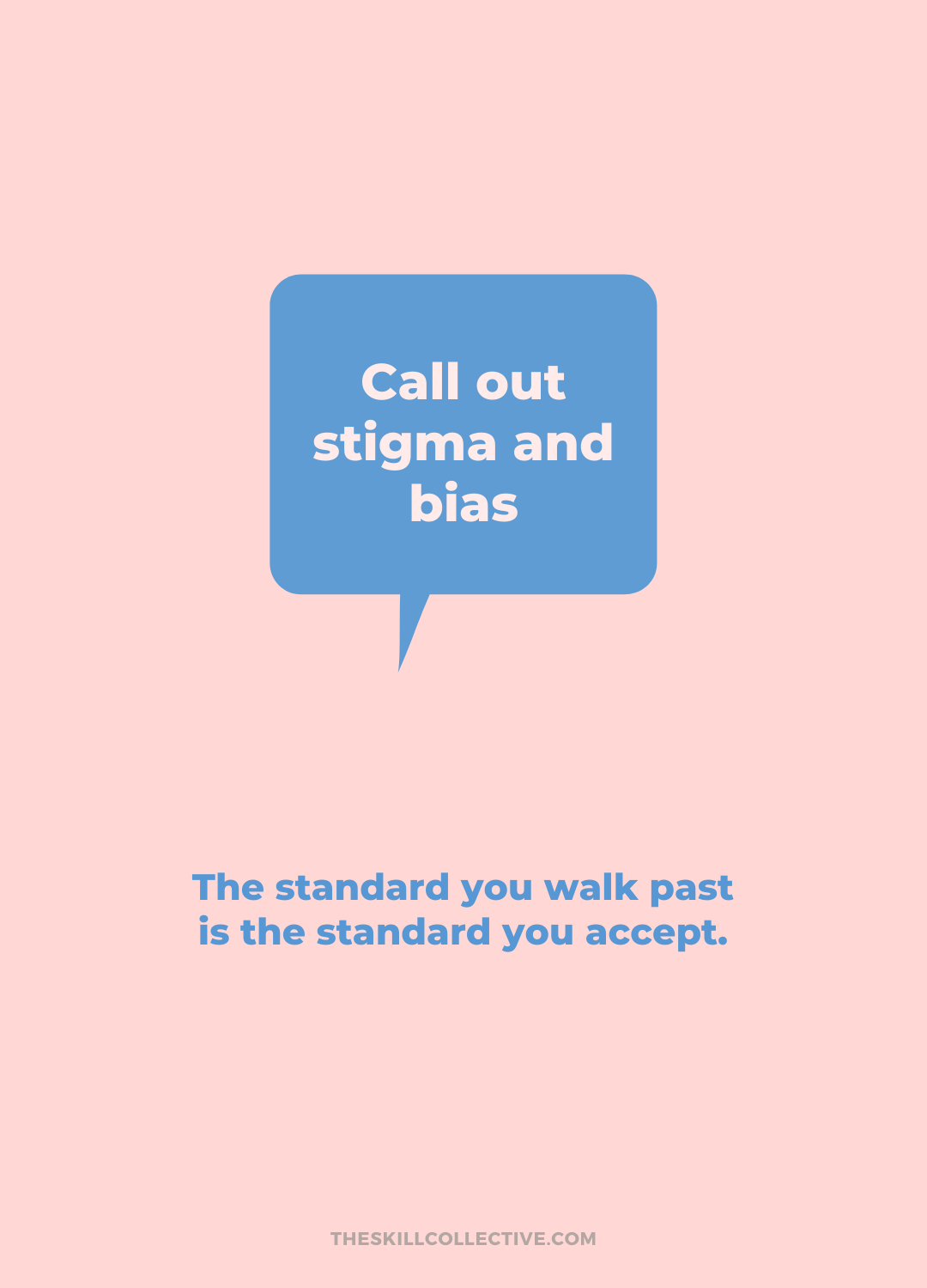
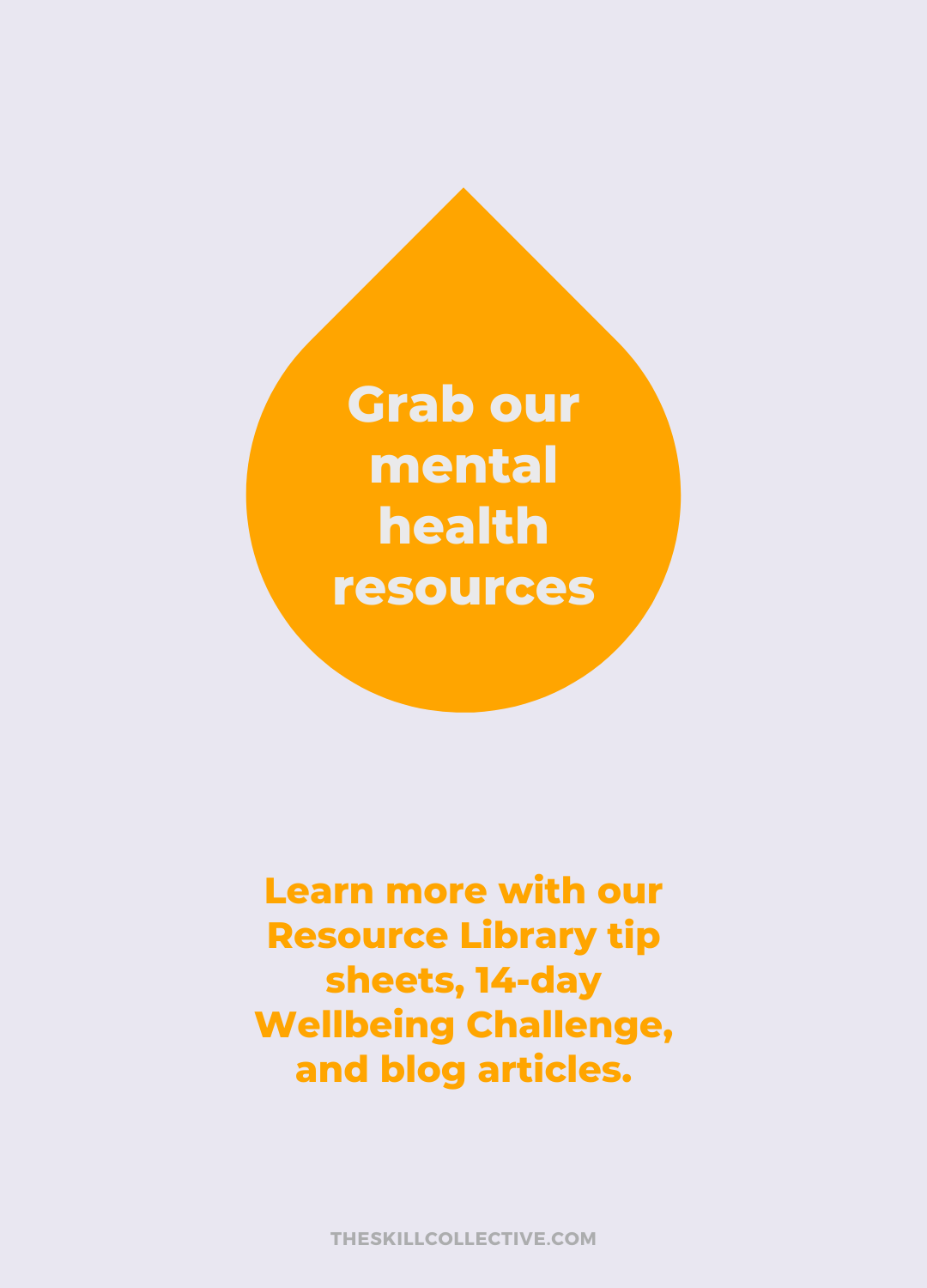










Burnout is on the rise, and it’s disproportionately affecting millennials, Gen Zs, and those in the early stages of their career. Read on to learn what workplaces can do to help.